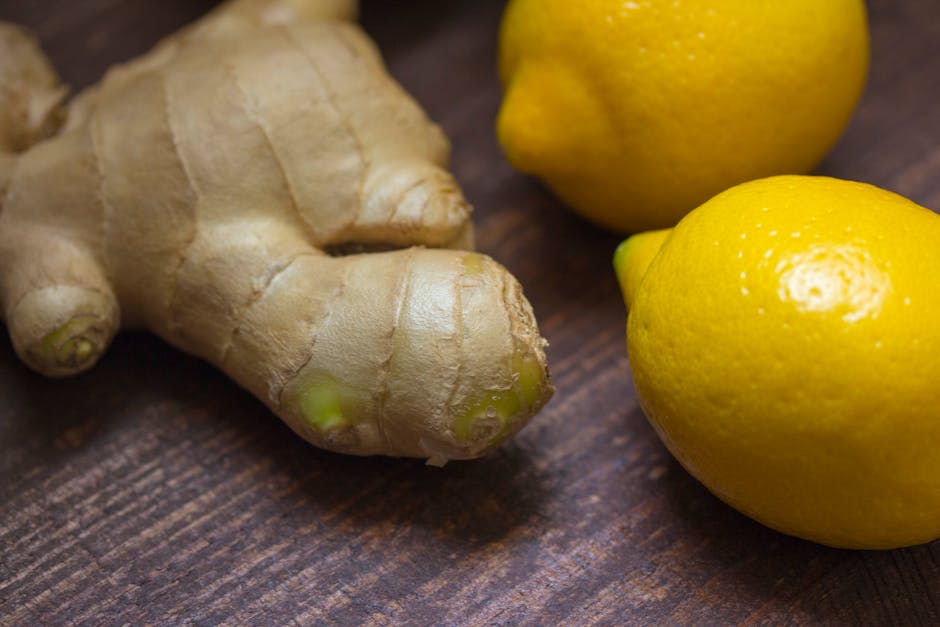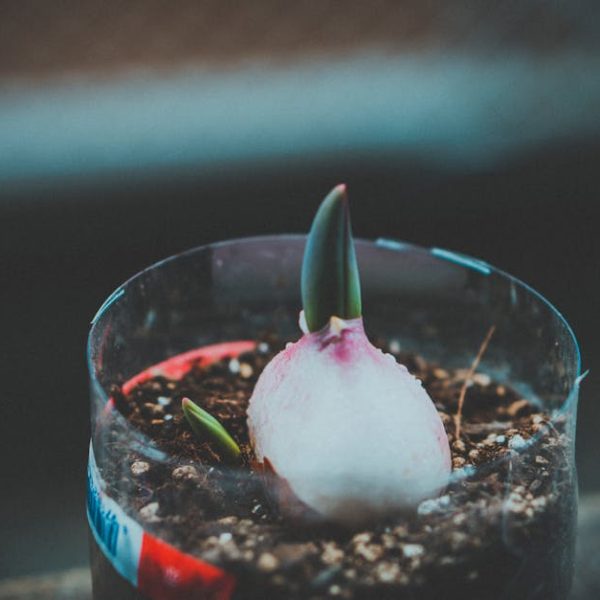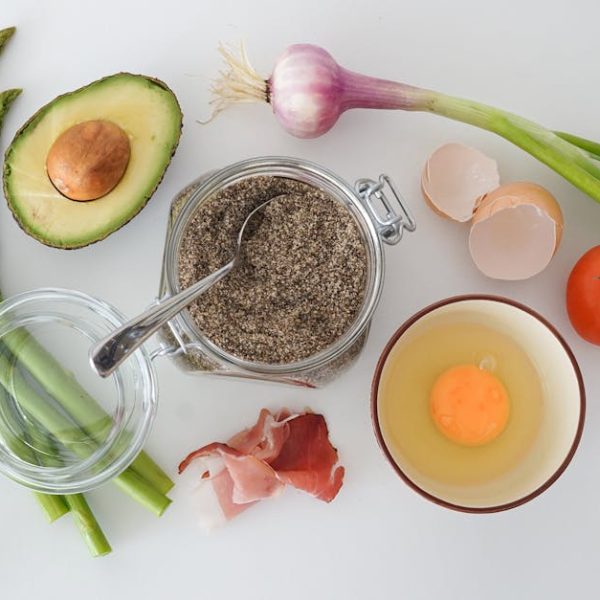Lemons, with their vivid, sunny appeal and tangy flavor, are a staple in most kitchens, playing a vital role in several culinary applications, from beverages to desserts and everything in between. It’s crucial to know the longevity of this versatile fruit – and how to prolong it – to ensure the best flavor and prevent unnecessary waste. Lemons, like most fruits, degrade over time, but understanding their specific shelf life requirements empowers you with the knowledge to keep them fresher for longer.
Understanding the Shelf Life of Lemons
Lemons, on average, remain fresh for about two weeks at room temperature or a month in the refrigerator. However, many factors can influence their longevity, including the ripeness at the time of purchase, temperature fluctuations, and surrounding moisture levels. The freshness of a lemon is usually noticeable through its appearance and smell. If it exhibits discoloration, a wrinkled texture, or a sour aroma, the lemon may have passed its prime.
To quickly identify a lemon that’s past its best, watch for:
- A soft, mushy texture
- Discoloration or dark spots
- An unusually strong sour smell
How to Store Lemons at Room Temperature
Storing lemons at room temperature can be beneficial if you plan to use them within a few days. The optimum shelf life of a lemon at room temperature usually ranges from one to two weeks, depending on its ripeness and the room’s conditions. Store them in a bowl in a cool, dark place away from direct sunlight to keep them fresh longer.
Pro tip: Maintaining ventilation around the lemons can prevent mold growth, so don’t cram them in a tight space or enclosed container.
Storing Lemons in the Refrigerator
Storing lemons in a refrigerator can extend their shelf life up to a month. While refrigeration slows down the ripening process, it can also dehydrate the lemons. To prevent this, place the lemons in a plastic bag before refrigerating them. This technique provides a humid environment that helps retain the fruit’s moisture without accelerating decay.
Best Practice: Preferably use a zip-top bag and squeeze out as much air as you can before sealing. Place the bag in the crisper drawer of your refrigerator for the best results.
In the next part of the article, we’ll delve into more advanced storage techniques such as freezing and other preservation methods, allowing you to enjoy your lemons for even longer periods. From freezing entire lemons to preserving the zest and juice, these methods offer innovative and practical ways to store this popular citrus fruit. Additionally, we’ll explore other methods for preserving lemons, from dehydration to pickling. This information will empower you to experiment with methods best suited to your kitchen routine, ultimately maximizing your lemon’s lifespan in efficient and flavorful ways.
Freezing Lemons for Extended Shelf Life
Freezing lemons is an excellent way to significantly extend their shelf life. This technique is beneficial especially if you’ve bought lemons in bulk or have a lemon tree in your garden. Properly frozen, lemons can last up to 3-4 months. While you can freeze entire lemons, many prefer to freeze the juice and zest separately for more convenient use in recipes.
To freeze lemons properly:
- Wash the lemons thoroughly and pat them dry.
- Plan how you’ll use the lemons: whole, sliced, or just for juice and zest.
- If freezing whole or sliced, place lemons on a baking sheet and freeze. Once frozen, transfer them to airtight freezer bags.
- If freezing for juice or zest, do so separately in an ice cube tray. Once frozen, transfer to airtight freezer bags.
Checklist:
- Have enough space in your freezer.
- Have airtight freezer bags or containers ready.
- Have a grater or zester for zesting.
- Have a juicer for juicing.
Other Preservation Techniques for Lemons
Pickling, candying, and dehydrating are some other methods to preserve lemons, each with their unique benefits. Pickled lemons, a staple in Middle Eastern cuisine, can last for several months when refrigerated. Candied lemons, a sweet delight, can enhance the flavor of desserts. Dehydrated lemons are perfect for teas and tisanes, and they can last for a year or more when stored properly.
To pickle lemons:
- Slice the lemons and pack them tightly in a glass jar.
- Add a brine made from water, salt, and optionally, spices, making sure the lemons are fully submerged.
- Seal the jar and store it in a cool, dark place for at least a month before using.
To candy lemons:
- Thinly slice the lemons and simmer them in a sugar-water syrup until they become translucent and the rinds become soft and sweet.
- Transfer the slices onto a wire rack to dry and harden, turning them into delicious sweet treats.
To dehydrate lemons:
- Slice the lemons thin, place them on a baking sheet, and bake at low heat until thoroughly dried.
- Store these dried slices in an airtight container in a cool, dark place.
Below is a comparison of these different lemon preservation techniques:
| Method | Pros | Cons |
|---|---|---|
| Freezing | Long shelf life, convenient for recipes | Requires freezer space, texture changes when thawed |
| Pickling | Enhances flavor, lasts several months | Takes at least a month to pickle |
| Candying | Sweet treat, enhances desserts | High sugar content |
| Dehydrating | Long shelf life, great in teas | Changes flavor, requires drying tool |
Understanding how to effectively store and preserve your lemons will lead to a waste-free kitchen and lots of great-tasting recipes. Experiment with different methods to find what suits you the best. All it requires is a little effort and love for this tangy, versatile fruit.
Key Takeaway:
- Lemons generally last two weeks at room temperature and a month in the fridge. Various factors like temperature, moisture, and the lemon’s ripeness can affect its longevity.
- Storing lemons at room temperature is suitable for short-term use while refrigeration can extend the shelf life.
- Freezing lemons significantly extends their lifespan and supports bulk storage.
- Other preservation methods include pickling, candying, and dehydrating lemons, each offering unique benefits and extending the lemons’ lifetime.
Continue to enjoy the freshness and tangy flavor of lemons by understanding their shelf life and utilizing suitable storage methods. Discover the joy of having lemons ready for use in your recipes by experimenting with storage tips that best suit your kitchen routine.
FAQs
Q: How can I prevent mold growth on lemons stored at room temperature?
A: Ensuring ventilation around the lemons can prevent mold growth. Avoid cramming them in a tight space or an enclosed container.
Q: How to prevent dehydration of lemons when stored in a refrigerator?
A: To prevent dehydration, place the lemons in a plastic bag before refrigerating them. This technique provides a humid environment, helping retain the fruit’s moisture.
Q: Can I freeze lemon zest and juice separately?
A: Yes, you can freeze the zest and juice separately. Simply do so in an ice cube tray for more convenient use in recipes.
Q: What can I do with pickled lemons?
A: Pickled lemons are a staple in Middle Eastern cuisine and can be used to enhance the flavor of various dishes.
Q: How long do dehydrated lemons last?
A: Dehydrated lemons can last for a year or more when stored properly.
Share this handy guide with others and check back for more kitchen tips and tricks. Enjoy the freshness and tang of your lemons longer by mastering these storage methods!






